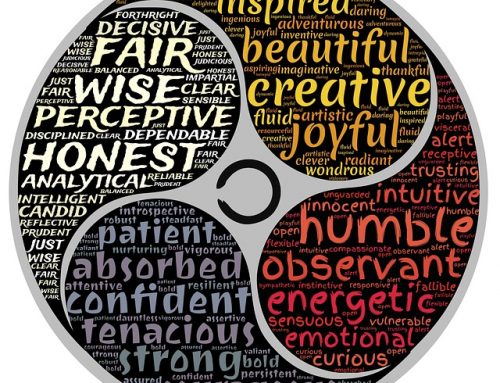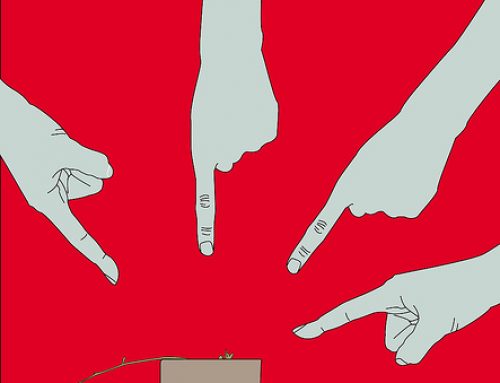Knowing the danger of opinions and having a practical alternative to them is essential to making good business and political decisions and for the proper care of your relationships.
In my last post I gave a very vivid example of the negative consequences of making assumptions. Don Miguel Ruiz in the Four Agreement was right to caution “Don’t Make Assumptions,” – the third agreement.
But in thinking about Ruiz’ admonition it occurred to me that the alternative is not possible. If to assume is to “suppose to be the case, without proof,” are we then to go about getting proof for our every utterance and as the basis for every decision we make?
What constitutes proof?
And what constitutes proof? This is worth some consideration because your answer could make you a very quiet and inactive person indeed.
Consider that you have no proof that your TV will turn on, that you will have power tomorrow, that your job is secure, or that you will even be alive in the morning. According to the dictionary definition these would all be assumptions, but they are clearly different from drawing a conclusion from one instance of behavior (assuming) and then acting on it as that old woman did in my last post.
Seems we are in need of a practical alternative to assuming that describes those instances where we can expect something to be so, without proof that it will be. Thankfully such an alternative exists; it’s called assessing, or making assessments.
Assessments: the practical alternative to Assumptions
The dictionary definition of the word “assess” is ‘evaluate or estimate the nature, ability, or quality of’ something or situation.
Consider an assessment as a statement describing a current or likely future state based on your repeated observation or experience of that state being produced or existing in the past.
In other words you can assess that your job is secure, that you are healthy and will get up in the morning, that your TV is reliable, or that your employee is competent at his job. These are all based on your repeated observations or experiences of these things happening consistently in the past.
They are not the same as “knowing” them to be true, or that they will in fact be the case in the future, but they are the next best thing available to mere mortals, and do provide a much more solid foundation for making decisions and character judgments, than assumptions.




Nicely stated, Mr. Gales.